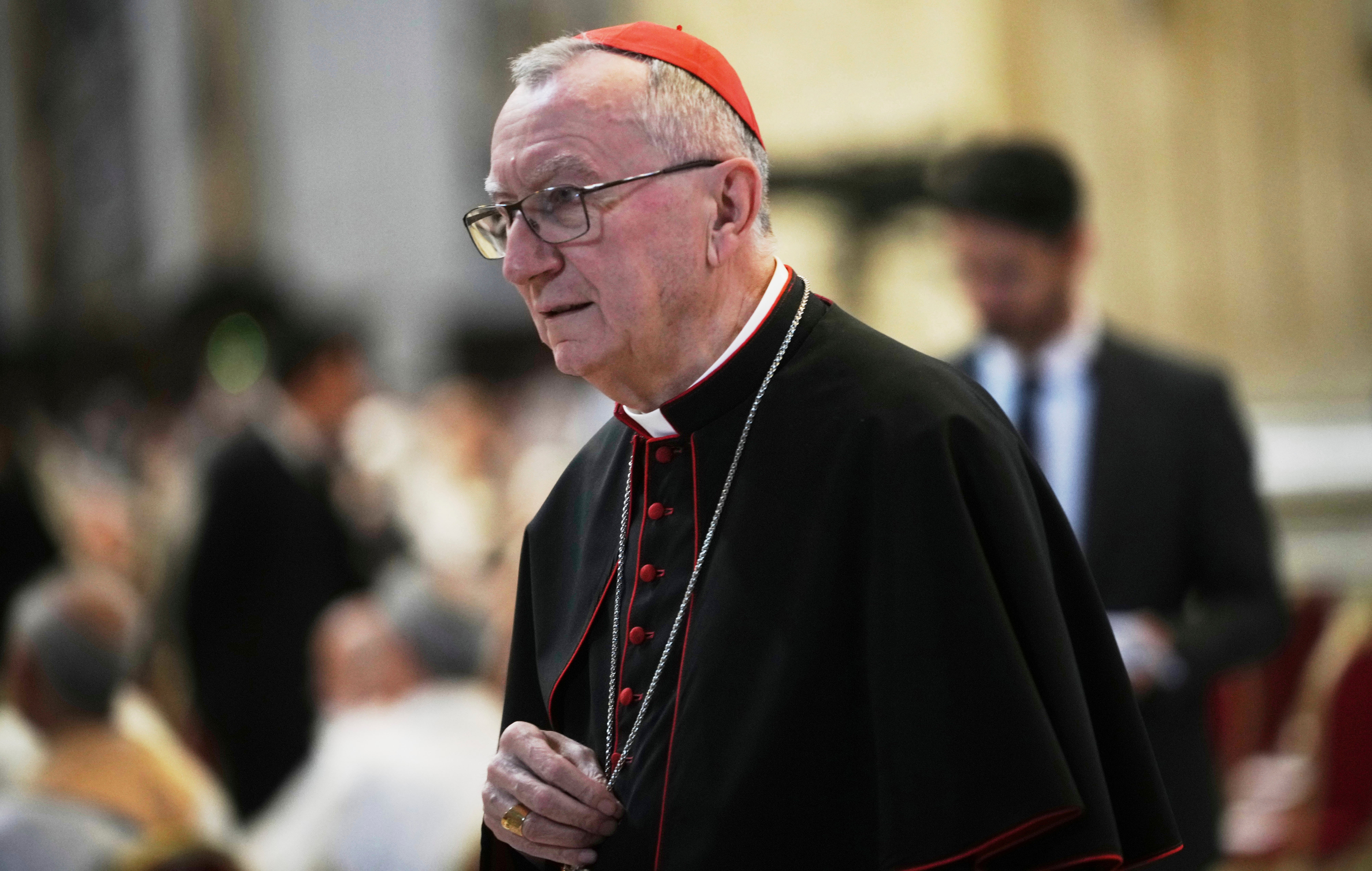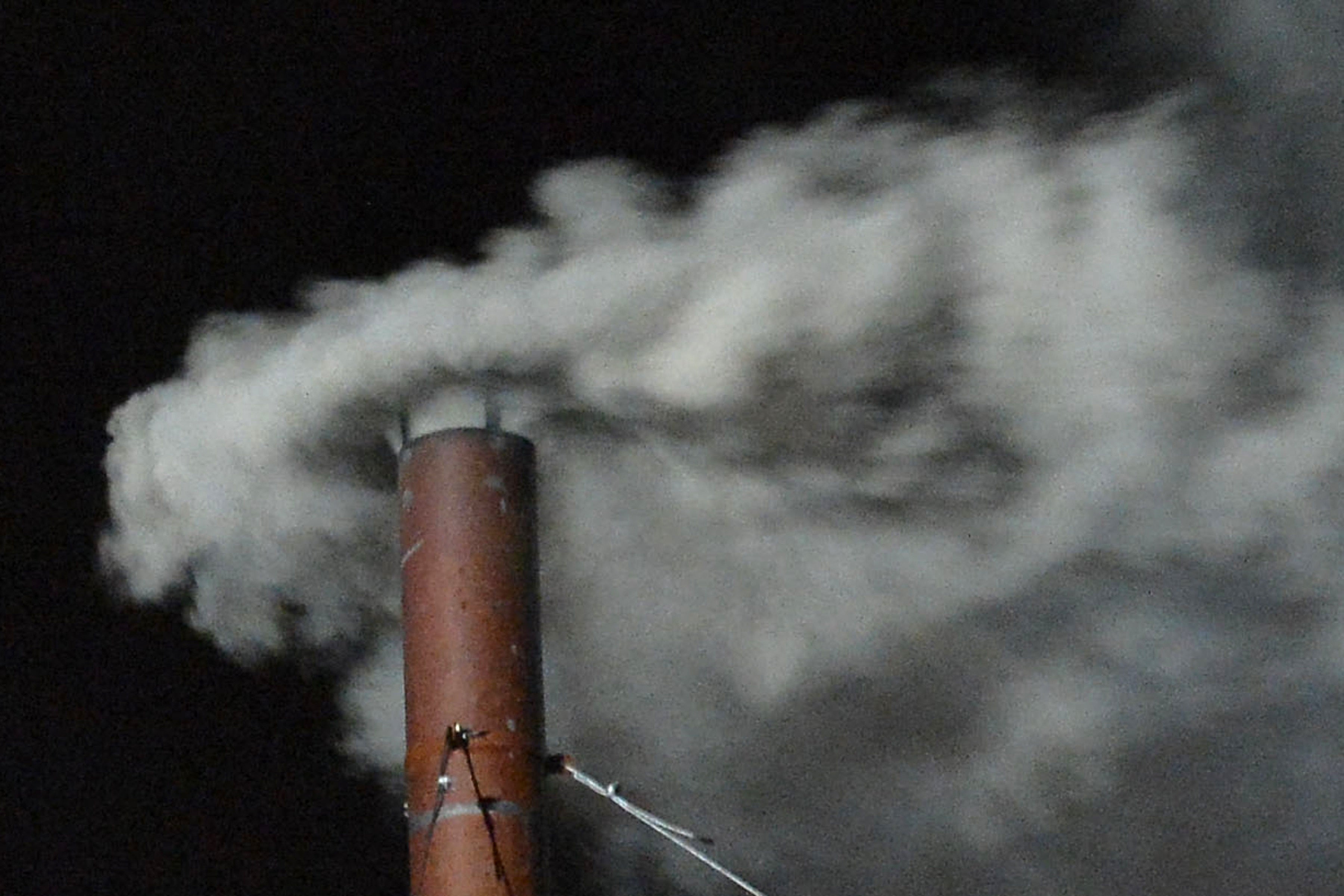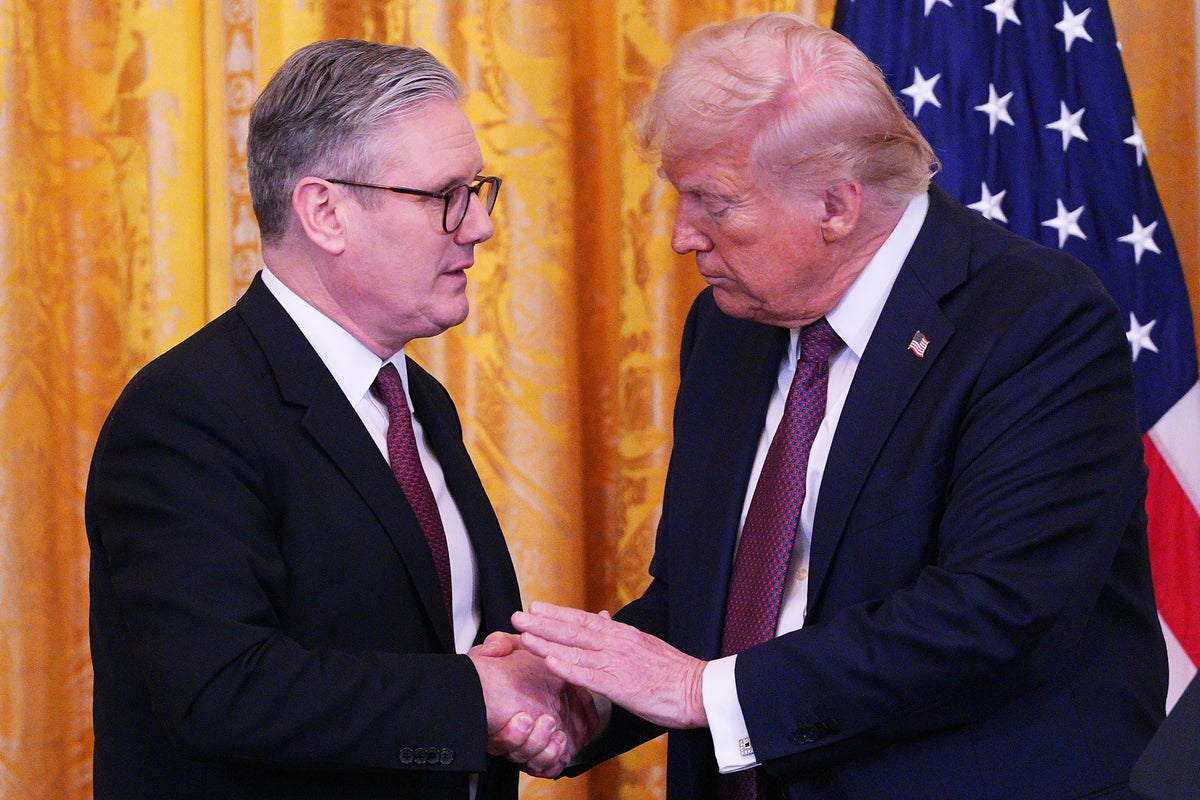ARTICLE AD BOX
In the Veneto town of Schiavon, Italy, the anticipation of a papal conclave has transformed the local Caffè Centrale into a buzzing hub of speculation and aperitivo.
Locals and journalists alike have gathered, eyes fixed on a large television screen broadcasting images from St. Peter's Square, specifically the chimney atop the Sistine Chapel.
As 133 cardinals cast their initial votes, the townspeople of Schiavon, near Vicenza, sipped wine and awaited the first puff of smoke.
Much of the local interest centred on Cardinal Pietro Parolin, a papal favourite and a native son of the Veneto region.
"We're waiting, and we're rooting for him," said Giacomo Bonora, raising a glass of red wine spritz, a local favourite.
Mr Bonora referred to Cardinal Parolin by his local nickname, "Don Piero", a term of endearment typically used for parish priests in the Veneto dialect.

He noted that when Cardinal Parolin returns to his hometown of 2,600, he prefers this familiar address over the formal title of "eminence".
The scene in Schiavon offered a glimpse into the personal connection between a small Italian town and its cardinal, now a prominent figure on the world stage during a pivotal moment for the Catholic Church.
Cardinal Parolin, 70, is a veteran diplomat who was Pope Francis’s secretary of state, essentially the Holy See’s prime minister and No. 2 to the pope.
Outside, a city worker stopped to show the parish sacristan a photo of Cardinal Parolin when the town celebrated his elevation to secretary of state 12 years ago. Everyone is hopeful, but officials have been instructed not to speak to the media until a new pope is elected.
Angelo Cisalto, the sacristan at the town's St. Margherita parish church, was heading home to keep an eye on the smoke coming out of the chimney.
If it is white, it is his job to go and ring the church bells.

Mr Cisalto, 84, remembers Cardinal Parolin as a child, 14 years his junior, and always devout.
“He used to dress up as an altar boy, and at home, in his garage, he had a little altar,’’ where he would play saying Mass, Mr Cisalto recalled. “He is a very good, very humble person."
Back at Caffè Centrale, clients ordered plates of cold cuts as the closed meeting of cardinals dragged on long past the expected hour. TV reporters whose air times had passed headed out for the night. Finally, black smoke emerged.
“Tomorrow, we'll do it again,” Mr Bonora said.
Locals recalled that Cardinal Parolin came regularly to Schiavon before his mother died last summer. His father died when he was 10, and he entered the seminary in nearby Vicenza at 14. For a period, he was a parish priest in the foothills town of Schio before joining the Vatican's diplomatic corps.
While closely associated with Francis’ pontificate, Cardinal Parolin is much more demure in personality and diplomatic in his approach to leading than the Argentine Jesuit he served – and he knows where the Catholic Church might need a course correction.
Many see him as embodying Francis' pastoral message while being more open to conservative points of view. While his career has been spent in Italy, his job as a Vatican diplomat has seen him travel the world, giving him a global perspective.
If he were elected, he would return an Italian to the papacy after three successive outsiders: St. John Paul II (Poland), Pope Benedict XVI (Germany) and Francis (Argentina).









 English (US) ·
English (US) ·